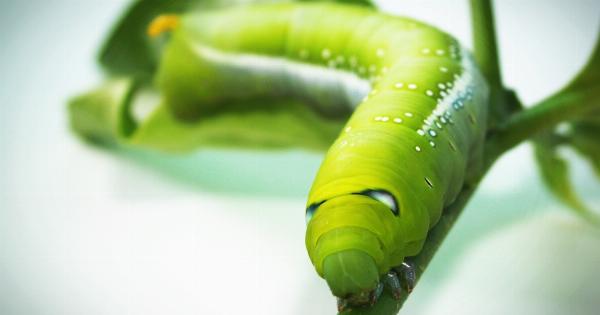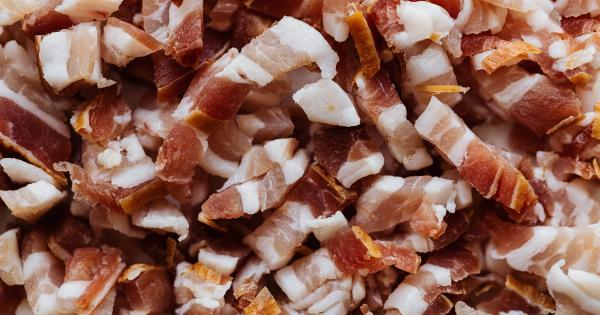The popularity of plant-based diets is increasing, and for good reason. A plant-based diet can reduce the risk of chronic diseases such as heart disease and diabetes.
One common question among those interested in a plant-based diet is whether plant-based cheeses are safe and healthy options. In this article, we will explore the safety and healthiness of plant-based cheeses.
What Are Plant-Based Cheeses?
Plant-based cheeses are non-dairy cheese alternatives made from plant-based ingredients. These alternatives are typically made from nuts, seeds, or soy, and may be processed to have a cheese-like texture.
Plant-based cheeses can be a healthier option than traditional cheeses, as they are usually lower in fat and calories.
Are Plant-Based Cheeses Safe?
Plant-based cheeses are generally safe to eat, but as with any food, it is important to choose high-quality products and eat them in moderation.
Some plant-based cheeses may contain additives such as food coloring or preservatives that could be harmful in large amounts. It is also important to note that some plant-based cheeses may contain high amounts of sodium.
Nutritional Value of Plant-Based Cheeses
Plant-based cheeses can be a healthy addition to a plant-based diet. Many are rich in nutrients such as protein, fiber, and vitamins. However, it is important to choose plant-based cheeses that are made from whole foods and are minimally processed.
Some plant-based cheeses may be high in fat and calories, so it is important to read labels and choose them in moderation.
Benefits of Plant-Based Cheeses
Plant-based cheeses have several benefits. They are often lower in fat and calories than traditional cheeses, making them a good option for those looking to reduce their calorie intake.
Plant-based cheeses can be a good source of protein and fiber, which can help you feel full and satisfied. They are also a good option for vegans or those with lactose intolerance who may not be able to eat traditional cheeses.
Drawbacks of Plant-Based Cheeses
While plant-based cheeses have many benefits, there are also some drawbacks to consider. Plant-based cheeses may not have the same taste and texture as traditional cheeses, which can be disappointing for some cheese lovers.
They may also contain more sodium than traditional cheeses, which could be a concern for those with high blood pressure or other health conditions. Finally, some plant-based cheeses may be more expensive than traditional cheeses.
How to Choose Plant-Based Cheeses
When choosing plant-based cheeses, it is important to read labels and choose high-quality products. Look for plant-based cheeses that are made from whole foods and are minimally processed.
Choose products that are low in sodium and do not contain additives such as preservatives or food coloring. You may also want to try a few different brands and types of plant-based cheeses to find one that you enjoy.
How to Eat Plant-Based Cheeses
Plant-based cheeses can be eaten in many ways. Try adding them to sandwiches, salads, or pasta dishes for added flavor and nutrition. You can also eat plant-based cheeses on their own as a snack or appetizer.
If you’re not sure how to use plant-based cheeses, try searching online for recipes or inspiration.
Conclusion
Plant-based cheeses are a safe and healthy option for those on a plant-based diet. They can be a good source of nutrients and are often lower in fat and calories than traditional cheeses.
However, it is important to choose high-quality products that are made from whole foods and are minimally processed. Plant-based cheeses can be enjoyed in many different ways, so try adding them to your meals for added flavor and nutrition.




























